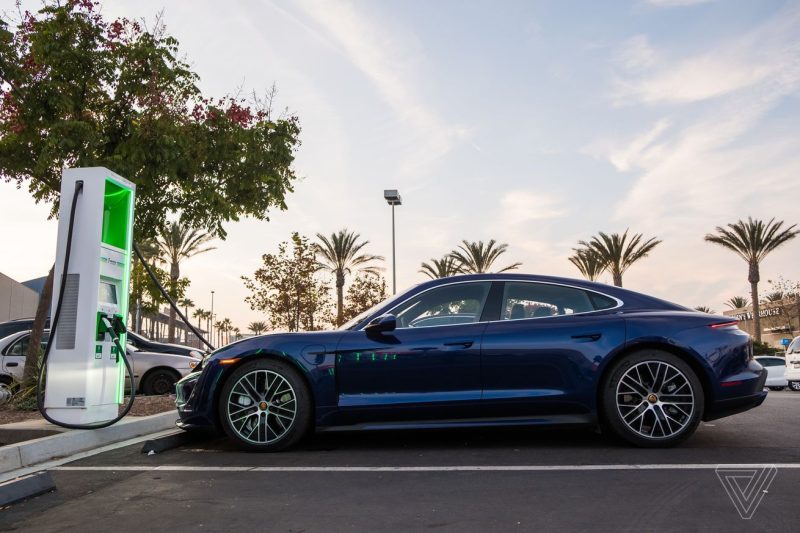
Porsche Delays Electric Future, Embraces Gas Cars a Bit Longer
Porsche: The Legacy of Gas-Powered Performance
Porsche, a brand synonymous with luxury, performance, and innovation, has long been a pioneer in the automotive industry. With a rich history dating back to the early 20th century, Porsche has continually pushed the boundaries of engineering and design to create some of the most iconic sports cars in the world. While the automotive industry as a whole is rapidly shifting towards electric vehicles, Porsche has made a strategic decision to hold onto its gas-powered cars for a bit longer.
One of the key reasons behind Porsche’s decision to continue producing gas-powered vehicles is the brand’s strong commitment to performance and driving experience. Gas-powered engines have long been synonymous with power, responsiveness, and a thrilling driving experience that many enthusiasts value. While electric vehicles have made significant advancements in recent years, Porsche recognizes that there is still a segment of its customer base that values the raw power and unique sound of a gas-powered engine.
Furthermore, Porsche is known for its iconic sports car lineup, including models such as the 911, Cayman, and Panamera, all of which have a strong heritage in gas-powered performance. These models have a loyal following of enthusiasts who appreciate the legacy and craftsmanship that goes into building a traditional gas-powered sports car. By continuing to produce these models, Porsche is able to cater to the desires of its existing customer base while also attracting new buyers who are drawn to the brand’s reputation for high-performance vehicles.
In addition to its commitment to performance, Porsche is also investing heavily in the development of sustainable technologies for its gas-powered cars. The brand has been exploring ways to reduce emissions and improve fuel efficiency without compromising on performance. Through the use of advanced engineering techniques and innovative materials, Porsche is able to create gas-powered vehicles that are more environmentally friendly while still delivering the exhilarating driving experience that customers expect.
While Porsche is undoubtedly making strides towards electrification with models like the Taycan, the brand’s decision to hold onto gas-powered cars for a bit longer showcases its dedication to preserving its legacy of high-performance vehicles. By combining the best of traditional gas-powered engineering with cutting-edge technology and sustainability practices, Porsche is positioning itself as a leader in the automotive industry, catering to the diverse needs and preferences of its global customer base.
In conclusion, Porsche’s decision to continue producing gas-powered cars reflects its commitment to performance, heritage, and innovation. By balancing the demands of a changing automotive landscape with the desires of its loyal customer base, Porsche is able to maintain its position as a top-tier luxury sports car manufacturer. As the brand continues to evolve and adapt to new technologies, one thing remains certain: the legacy of gas-powered performance at Porsche will endure for years to come.
